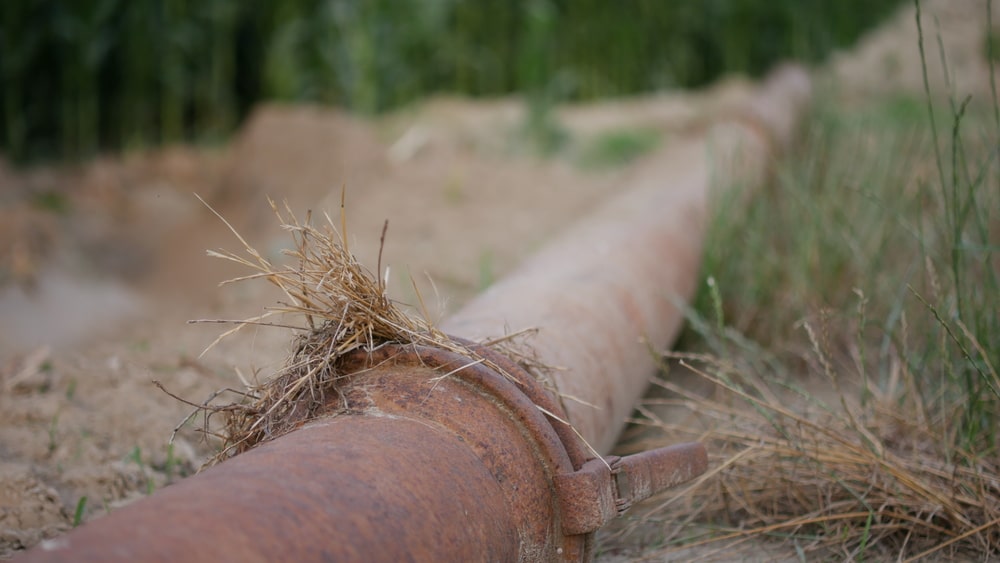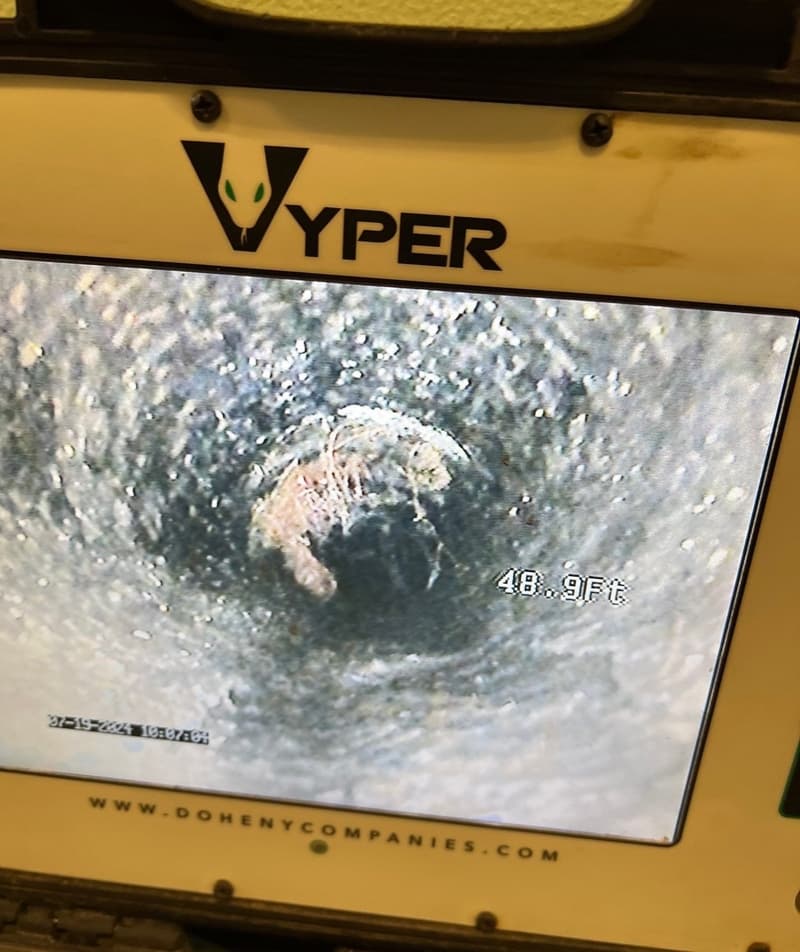
When dealing with plumbing difficulties, one often ignored yet critical component is pipe upkeep. Over time, mineral deposits, dirt, and other buildups can significantly impede water flow, resulting in blockages and decreased efficiency. One common issue that homeowners face is white buildup in drain pipes, often caused by hard water deposits. This is when the procedure of descaling pipes becomes critical. Descaling is the process of eliminating these accumulations to restore your plumbing system’s full performance, allowing water to flow freely and without hindrance.
What is Pipe Descaling
Pipe descaling is a necessary maintenance activity that extends the life of your plumbing system. When water flows through your pipes, it frequently contains dissolved minerals, which eventually accumulate on the pipe walls. These deposits can solidify and cause major obstructions. Pipe descaling is the act of properly removing mineral build ups from your pipes using specific instruments and chemicals, hence increasing their efficiency and lifetime.
Descaling is especially important for older homes and places with hard water. In such circumstances, mineral formation is more quick and might result in more severe obstructions. Regular maintenance, especially descaling water pipes, is critical for avoiding long-term damage and costly repairs.
Why is Pipe Descaling Important?
Ignoring the requirement to descale pipes can result in a number of problems that reduce the efficiency and lifetime of your plumbing system. Here’s a deeper look at the possible issues:
Reduced Water Pressure: Mineral deposits within the pipes gradually reduce the internal diameter. This restriction limits water flow, resulting in a visible decline in water pressure. As a consequence, you may notice decreased power in your showers and faucets, affecting anything from your morning routine to your home tasks.
Increased Risk of Clogs: Mineral deposits that build up within pipes not only restrict water flow but also create a rough surface that can trap additional debris like hair, soap scum, and food particles. This accumulation raises the probability of severe blockages, which can cause backups and necessitate costly plumbing repairs.
Corrosion and Damage: Over time, the chemical nature of these mineral deposits can cause metal pipes to corrode. Corrosion weakens pipelines, increasing their susceptibility to leaks, bursts, and failures. Such damage can create major disturbance in your house, necessitating expensive repairs or the replacement of compromised plumbing systems.
Addressing these issues early on with frequent pipe descaling will help to avoid future problems and keep your plumbing system efficient and resilient.
Signs That Your Pipes Need Descaling
Understanding when your pipes require descaling is critical to keeping a functioning plumbing system. Here are some indications to look for:
- Decreased water pressure throughout your home.
- Your sinks and toilets frequently clog or back up.
- Your pipes are making unusual noises like slamming or whistling.
- Discoloration or foul-tasting tap water indicates the presence of heavy minerals.
If you detect any of these indicators, it may be time to investigate our drain pipe descaling services. Our professional team is equipped to handle these issues efficiently, ensuring your plumbing system is restored to optimal performance. Don’t wait for a minor issue to turn into a major problem—let us help maintain the health of your pipes.

How Pipe Descaling is Done
Professional plumbers frequently combine mechanical and chemical procedures to descale pipelines. The mechanical approach uses appliances such as motorized plumbing snakes with descaling attachments to physically scrape mineral deposits off pipe walls. This procedure is quite efficient in restoring ancient pipes to near-original condition.
Chemical descaling is the use of solutions to dissolve and remove mineral deposits, which are subsequently flushed out of the system using high-pressure water jets. This procedure is very beneficial for descaling water pipes that are difficult to access, as well as for more delicate jobs where mechanical scraping may be too harsh on the piping.
DIY Tips for Descaling Pipes
While professional descaling is suggested for severe or difficult-to-reach obstructions, there are techniques to handle small-scale development at home.
Vinegar and Baking Soda: This natural approach might help remove small-scale accumulation. Pour vinegar as well as baking soda down your drains, allow it to soak for a few hours, and then flush with hot water.
Commercial Descaling Agents: Several over-the-counter treatments are useful against moderate scaling. To avoid harming your pipes, ensure that you follow the manufacturer’s directions.
Conclusion – Entrusting the Experts
While DIY approaches might be useful for minor difficulties, large-scale development needs expert intervention. That is where we come in: Brock Mechanical. We specialize in properly cleaning and maintaining your plumbing system, using cutting-edge technology and experience.
With our significant knowledge in pipe descaling, you can rely on us to keep your drains working smoothly. Don’t allow scale accumulation to cause serious plumbing problems. Contact us immediately and let us handle the challenging work so your plumbing system runs smoothly and reliably.


